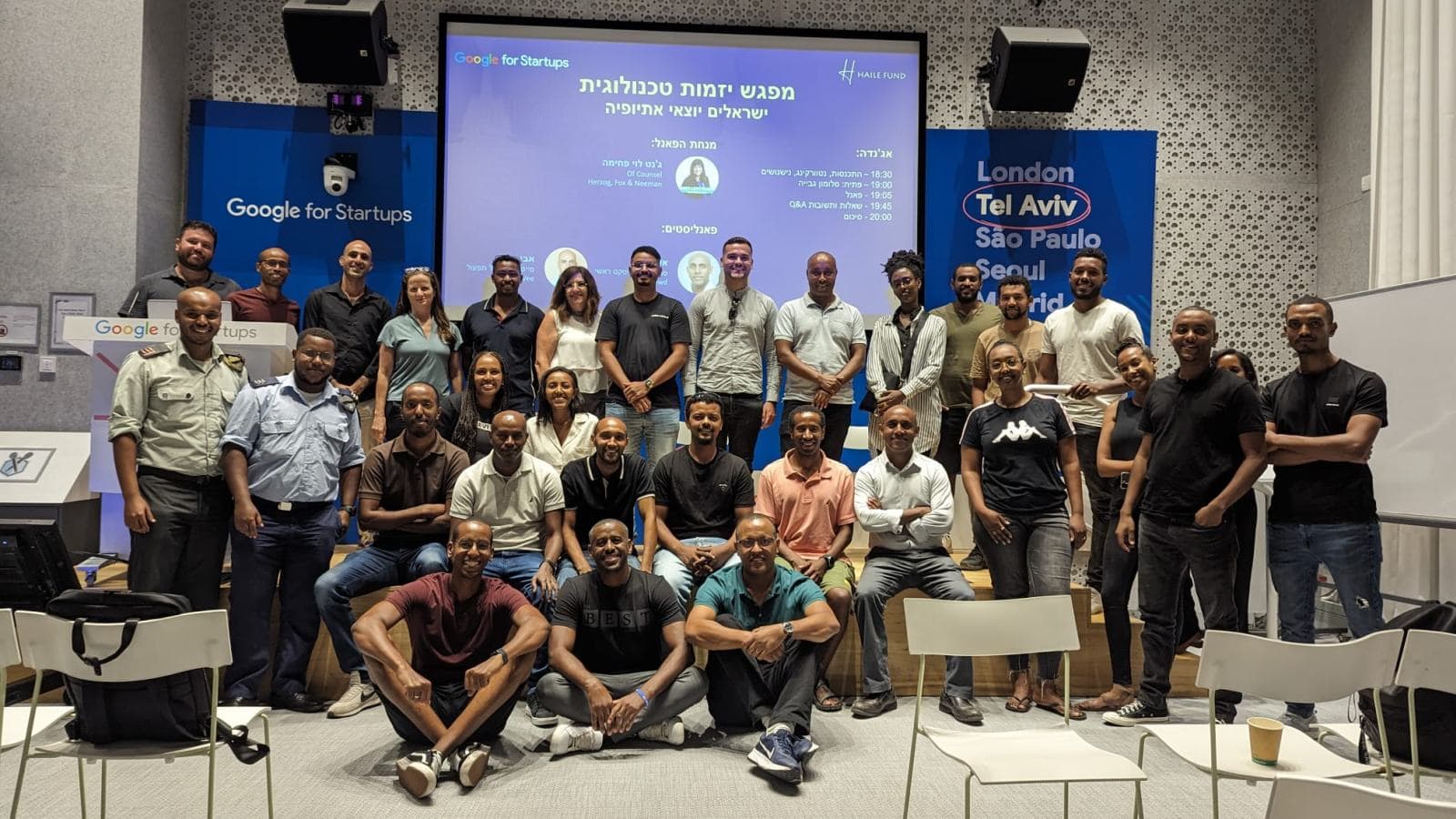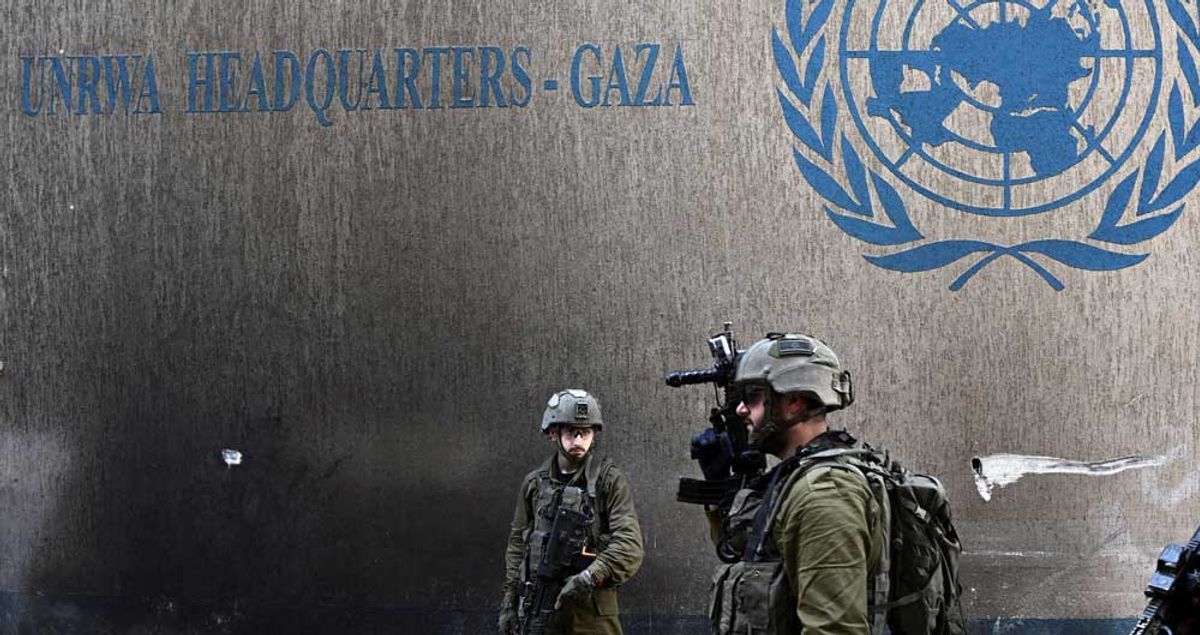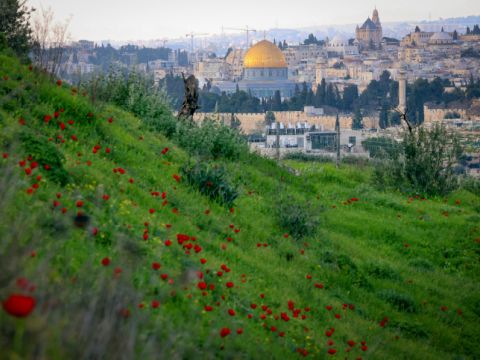rylah
Gold Member
- Jun 10, 2015
- 21,143
- 4,483
- 290
248 days? No. 354 days in a non leap year.
Seems they were referring to the formula used to calculate the difference between the beginning of the year of the Hebrew and Western calendars.
Follow along with the video below to see how to install our site as a web app on your home screen.

Note: This feature currently requires accessing the site using the built-in Safari browser.
248 days? No. 354 days in a non leap year.
Gaza's Jewish History - Rabbi Yisrael Najarah
Born in 1555 in Damascus, studied with his father Rabbi Mosheh Najarah, a native of Safed under the rule of the Ottoman Empire, and with his grandfather Rabbi Israel de Curiel, one of the sages of Safed and one of the first four certified by Smichah. By his own choice, he moved to Damascus and was a public emissary in the community there. After a period spent between different cities in different places, among others in the Levant, he returned to Damascus for a short period. After that he returned to Safed, where he married and had a daughter.
Following a plague that killed his daughter and wife, Rabbi Israel Najarah returned to Damascus in 1576 and remarried. He had three children from this marriage.
The Chief Rabbi of Gaza
After a period in Damascus, he moved to Gaza, where he served as a judge. His son, Rabbi Mosheh Najarah, served as the Chief Rabbi of Gaza after him. While in Gaza he was a teacher of a Avtalion. He died in 1628 in Gaza, and was buried in the Jewish cemetery in the city. According to another testimony, his grave is located on the territory of the al-Boreij refugee camp in the center of the Gaza Strip.
The Love Song of Gaza
Rabbi Israel Najara became famous mainly as a poet and bard, and his work had a considerable influence in Jewish communities from the Balkan countries, most of the countries of the Muslim world and even India. In his poetry, the influence of Spanish poetry is evident, both in the strict weight and form, and in the subjects of the poetry. Among his famous poems: 'Anna Elech', 'Y'arat Dvash/Honey Comb', 'Yah Creator of Eternity', 'Yoducho Ra'ioni/ My Thought Shall Thank You', 'Ya'alah Boi L'Gani/Doe come to my garden', 'My Dove The Radiance Of Your Splendor', 'Residing on the throne of Glory', "My Beloved Shepherd Who Raises Me/Ydidi Ro'ee Mkimi', and many more.
Ya'arat Dvash - The Honeycomb



PM Binyamin Netanyahu -
"I believe in the coming of the Meshiach"
how in the world could you draw that conclusion from that video?Has Bibi elected himself deity now?
~S~
Has Bibi elected himself deity now?
~S~
Soldiers in the army of HaShem | Mshiach Patch For Every Soldier




בס"ד
The Lament of Be'eri - Yagel Haroush
with the Jerusalem orchestra